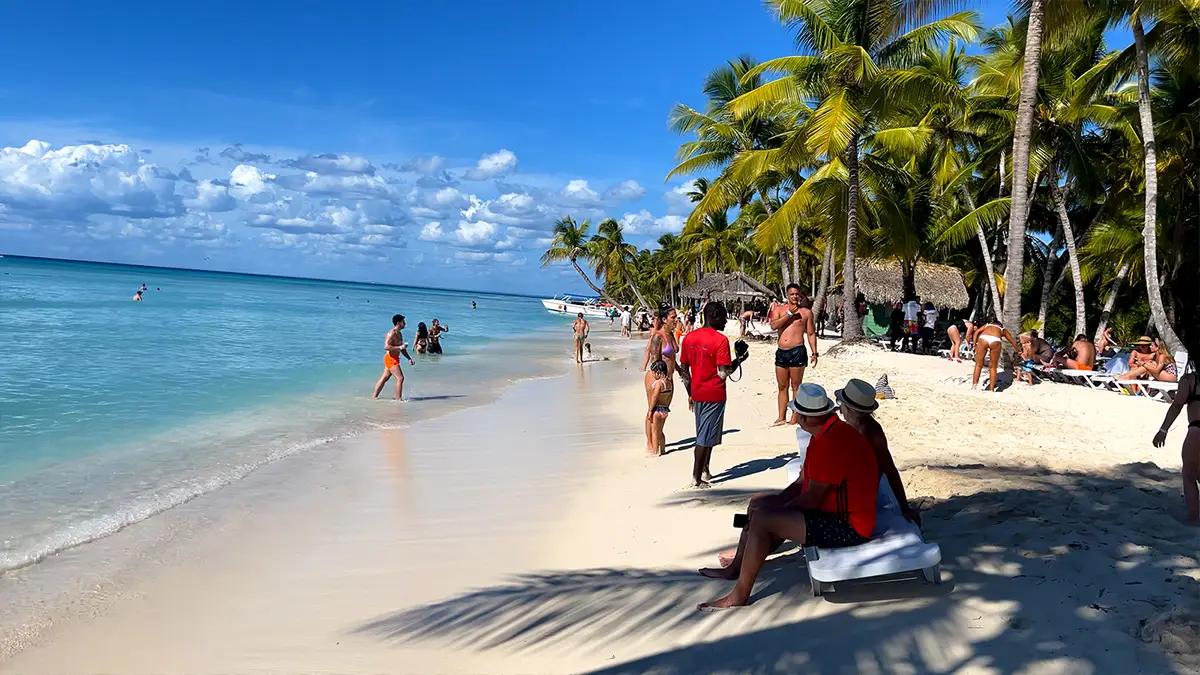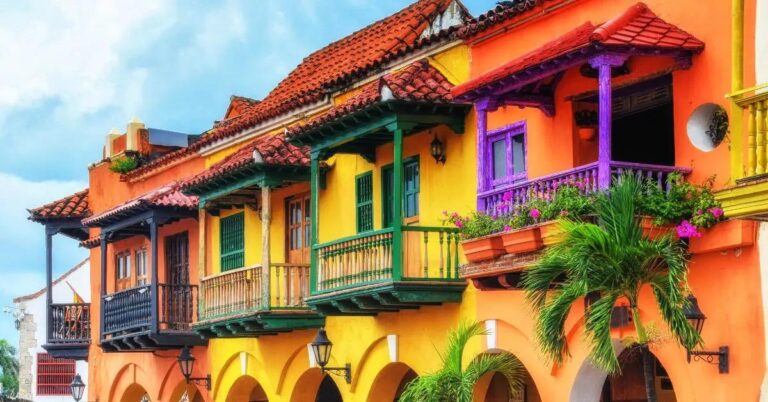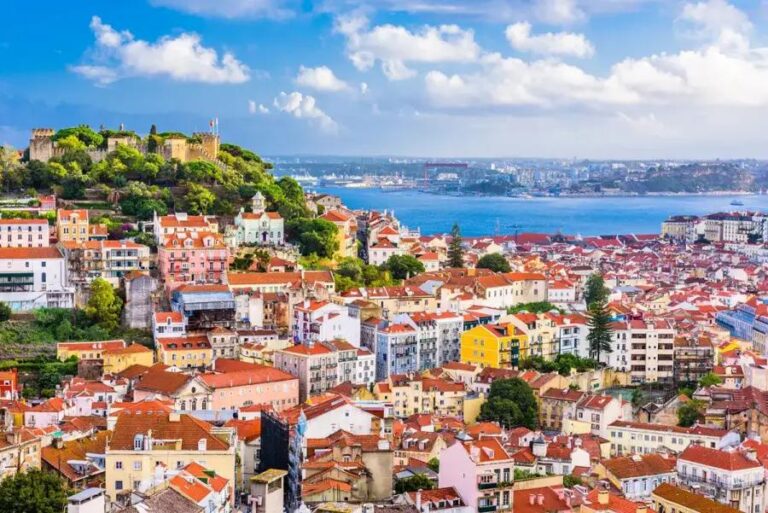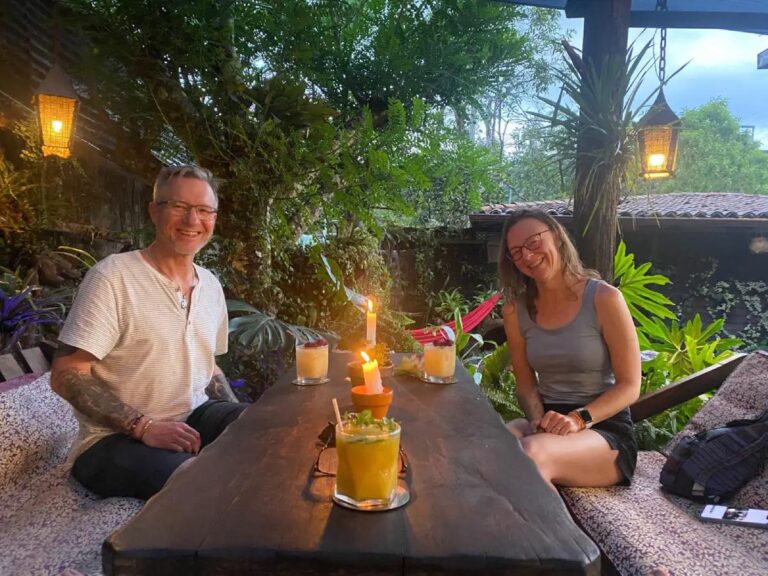TL;DR:
- Housing Costs: $500-$1,000/month for rentals. City center 1-bed ~ $600, countryside ~ $300.
- Property Purchase: Beachfront condos ~$150,000, countryside homes ~$100,000, gated communities ~$50,000.
- Best Locations: Punta Cana, Sosua, Las Terrenas.
- Living Expenses: Retirees need ~$1,200-$2,000/month.
- Groceries: ~$200-$300/month.
- Utilities: $80-$150/month.
- Transport: Public transport <$1/trip, gas ~$4/gallon.
- Healthcare: Low-cost, insurance $30-$100/month.
- Entertainment: $100-$200/month.
- Dining Out: $5-$10/regular meal, $20-$30/high-end meal.
- Monthly Expenses: $700-$1,000 for basic needs, $500-$1,000 for extras.
Thinking about retiring in paradise but worried about costs? You’re in luck! Living in the Dominican Republic can be both affordable and enchanting. In this post, I’ll dive into the cost of housing, everyday expenses, and expert tips to make your retirement in this Caribbean gem seamless and enjoyable. Whether you want to purchase property or find affordable rentals, I’ve got you covered. Ready to discover the true cost of expatriate bliss? Let’s get started!
How Much Does Housing Cost for Retirees in the Dominican Republic?
When thinking about retiring to the Dominican Republic, housing costs are a major concern. So, let’s dive into this topic.
How much does housing cost for retirees? On average, you can expect to spend about $500 to $1,000 per month for a rental. This can vary by location and size of the home. For example, in places like Santo Domingo, rents are higher compared to smaller towns.
Average rent in the Dominican Republic: If you want to live close to the beach or in a city, prices go up. For a one-bedroom apartment in a city center, monthly rent might be around $600. Outside the city, rents can drop to $300.
Purchasing property for retirees: Buying property is an option too. Beachfront condos can be found for around $150,000. If you prefer a home in the countryside, prices are a lot lower, starting at about $100,000.
Affordable real estate options for retirees: There are many affordable options available. Gated communities offer homes starting from $50,000. These places often have amenities like pools and security. If you prefer something more local, look for homes off the beaten path.
Best places to find housing in the Dominican Republic: Some of the best places include Punta Cana, Sosua, and Las Terrenas. Punta Cana is known for its resorts and beaches. Sosua and Las Terrenas offer laid-back vibes and beach access.
Comparing housing costs between regions: Costs vary by region. For example, the capital city, Santo Domingo, has higher costs compared to smaller towns like Jarabacoa. In Santo Domingo, you might pay $1,000 a month for rent. In Jarabacoa, you could pay as little as $300.
By understanding these different aspects, you can better plan your retirement. Want more in-depth information? Visit Expat Forum for real-life stories and tips from other retirees.
Housing in the Dominican Republic offers various options to fit different budgets. Whether you’re renting or buying, you can find a place that meets both your needs and your wallet.
What Are the Everyday Expenses for Seniors Living in the Dominican Republic?
How much money do you need to retire comfortably in the Dominican Republic?
Retiring in the Dominican Republic can be very affordable. On average, retirees may need around $1,200 to $2,000 per month. This range covers basic needs and allows for a few luxuries.
Grocery Costs in the Dominican Republic
Groceries are fairly cheap. Local markets are your best bet. For instance, fresh fruits and veggies are quite affordable. A typical monthly grocery bill could be around $200 to $300. This covers staples like bread, milk, eggs, chicken, and rice.
Utility Expenses
Utilities are another aspect to consider. For electricity, water, and internet, you might spend about $80 to $150 a month. Electricity can be costly if you use air conditioning often, so plan accordingly.
Transportation Costs
Transportation is also reasonably priced. Public transportation like buses and “guaguas” (shared taxis) are very cheap, costing less than a dollar per trip. If you prefer to drive, gas prices are reasonable, averaging around $4 per gallon.
Healthcare Costs
Healthcare costs are low compared to those in the U.S. You can get good quality care for a fraction of what you would pay back home. Insurance plans are also affordable, with monthly premiums averaging between $30 to $100. Prescription medications are often cheaper, too.
Entertainment and Recreational Activities
For entertainment, you have many affordable options. You can expect to spend around $100 to $200 a month. This budget covers things like going to the movies, dining out occasionally, and enjoying local cultural events.
Dining Out Expenses
Eating out is inexpensive and delicious. A meal at a regular restaurant will cost about $5 to $10. If you want to splurge at a higher-end restaurant, you might spend around $20 to $30 per person.
Estimating Average Monthly Living Expenses for Retirees
To wrap it up, expect to spend between $700 to $1,000 each month on primary expenses. This leaves $500 to $1,000 for comforts and unexpected costs. Your exact costs will depend on your lifestyle and preferences.
Conclusion
Summarizing, we reviewed the cost of housing, from purchasing to renting, and explored affordable real estate in the Dominican Republic. We highlighted the best places and compared housing costs across regions.
Next, we broke down everyday expenses like groceries, utilities, healthcare, entertainment, and transportation, providing a clear picture of living costs.
Living in the Dominican Republic can be affordable with the right planning. Gaining insight into housing and daily expenses helps retirees make informed decisions for a comfortable life abroad.












